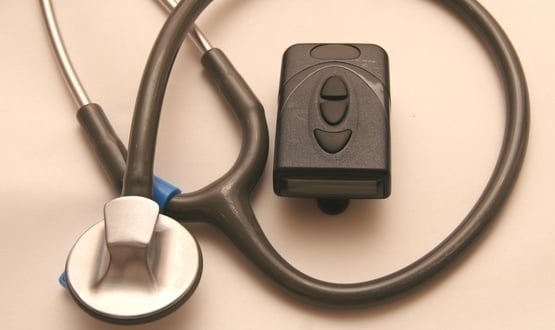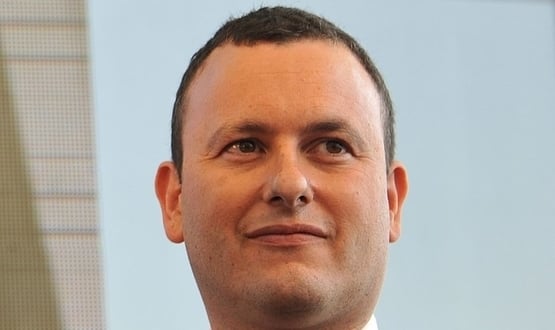NHSX launches clinical communication framework to phase out pagers
- 4 August 2020

NHSX has launched its clinical communication framework to help NHS trusts procure communication services.
The framework was launched in a bid to help phase out outdated technology like pagers and accelerate the adoption of proven digital communication tools.
Twenty-five suppliers were awarded a place on the framework, which will run from 3 August 2020 to 3 August 2022 with a possible further extension for 12 months.
Trusts procuring services through the framework will have access to support to guide them through the process.
“The suppliers have been assessed to ensure that they meet all legislative requirements; therefore no formal tendering is required, saving valuable time and money in the procurement process,” according to a statement on the framework’s website.
“The framework contains large national companies but also a healthy number of regional SMEs, and all can showcase their products via the framework, helping buyers to make informed local decisions.”
A tender notice prior to the frameworks publication, published on 1 May, revealed the Covid-19 pandemic had “accelerated the need to urgently deliver” health secretary Matt Hancock’s plan to phase out pagers by the end of 2021. The tender was published in late June.
The contract value was listed at £3million. Solutions were required to be compliant with GDPR and UK data protection laws.
Hancock announced in February 2019 that he was going to war with pagers.
NHS trusts will be required to phase out pagers by the end of 2021, with all hospitals expected to have plans and infrastructure in place to ensure this is possible by the end of September 2020.
Staff are expected use modern alternatives, such as mobile phones and apps, which can deliver more accurate two-way communications at a reduced cost.
The suppliers chosen for the framework:
- Alcidion
- Armour Communications
- Barrier Networks
- Bleepa
- BT
- Cinapsis SmarReferrals
- Dental triage
- Dictate IT
- Engage Solutions Group
- Everbridge
- Healthcent (trading as Signapps)
- Hillrom
- Hospify
- Induction Healthcare Group
- Intechnology PLC
- Multitone Electronics
- Nervecentre
- NTT Limited
- Open Medical
- Pando
- Pulse Health App
- RMJ Clinical Solution
- Softcat PLC
- Southern Communications Corporate Solutions
- System C Healthcare





1 Comments
The advantage of pagers was that they could be role – rather than person – specific.
The disadvantage of mobile phones is that they tend to be the property or responsibility of an individual, & the roles may be filled by different individuals over the course of 24 hours – or the individuals may change jobs, be on leave, not be on call, pass the responsibility for the role to a colleague or even let the phone discharge (or have it on charge).
Mobiles might well be better (& cheaper) for communication – but would they need to be additional to personal phones & allocated to a particular role (like pagers)? Modern phones are bulky:how many could the average junior doctor or anyone else with multiple roles carry?
If it was not one phone per staff member currently on a pager (I suspect far more than medical staff involved), does there need to be a Process for making sure that everyone (or at the least, the people sending out crash calls or tasked with locating people) knows who is occupying which role at that particular time?
August 1st will be even more of a nightmare than at present!
Any details on what Matt Hancock thinks the role of pagers is, whether he thinks those roles can be redesigned (if so, how) or whether the support services needed for mass replacement have been considered?
Comments are closed.